Strengths and schooling
In a recent short post Seth Godin talks about amplifying your strengths rather than focusing on your weaknesses:
People don’t hire you, buy from you or recommend you because you’re indifferently average and well rounded.
Seth Godin
He’s talking about things from a business standpoint, but as a parent and former teacher, I can’t help but think about developing strengths from a learning and developmental point of view.
These things seem obvious to me:
- There is a baseline that societies can and should expect most people to achieve.
- People are born with different innate interests and tendencies.
- The context and environment in which people are raised affects what they find interesting.
As a result, it appears to me that following a broad and balanced curriculum up to a certain baseline would seem like the best approach for educational institutions. Beyond that, it makes sense for people to specialise based on their interests.
People develop at varying rates in different areas due to the three points listed above. That’s why I think we should allow young people to mix between year groups for different subjects, using an approach some people call “stage, not age”.
Imagine if we truly allowed people to follow their interests? Wouldn’t the ability to do so motivate young people more than the current system? Right now, educational authorities’ focus on exam results leads to the narrowing of curricula and the limiting of options.
It’s fashionable to say that we have a industrial education system for a post-industrial economy. That’s confusing means with ends. My argument would instead be that we have an education system focused mainly on the priorities of politicians and employers. What would a more community-centered vision for education look like?
Writing in 1971, Ivan Illich discussed in Deschooling Society the importance of learners finding others who share their interests so they can learn together and solve problems:
Creative, exploratory learning requires peers currently puzzled about the same terms or problems. Large universities make the futile attempt to match them by multiplying their courses, and they generally fail since they are bound to curriculum, course structure, and bureaucratic administration. In schools, including universities, most resources are spent to purchase the time and motivation of a limited number of people to take up predetermined problems in a ritually defined setting. The most radical alternative to school would be a network or service which gave each man the same opportunity to share his current concern with others motivated by the same concern.
Ivan Illich, Deschooling Society
Now that we have the internet, of course, the ability to find like-minded people is easier than ever before. Nevertheless, there is something immensely powerful about working within a shared geographical context.
This is why I return time and again to Chapter 8 of Keri Facer’s 2011 book Learning Futures, where she outlines what the ‘future-building school’ of the future might look like. I love the way that it manages to respect the specialist pedagogical skills available through schools, with the latent knowledge and talent available through communities:
Although half of the children’s time is scheduled in advance with master classes, tutorials or group learning programmes, one-fifth of their time, even from the youngest age, is dedicated to working on their own projects. The remainder is dedicated to collaborative and community projects where children seek out areas they want to work on together – whether this is exploring a new form of material that has just been developed in one of the labs upstairs, or in solving the problems of a particular group of local residents. Conversations with mentors at the beginning of each week allow the children to discuss their progress and their plans and to manage the different demands of projects and learning programmes. In these conversations, each child’s resource map comes into play. This rich map of their experiences, progress, interests and aspirations, as well as the resources that they have to draw upon at home, in the community and in their family, acts as a basis for identifying both where additional support might be needed and where the child and their family may have particular strengths and interests to share with collaborators or the wider school.
Keri Facer, Learning Futures: Education, Technology and Social Change
Given that the pandemic has put the lie to parents needing to travel to work every day, I think mass remote working in future could lead to this kind of situation happening in the next decade. We just need the will to change the system.
This post is Day 32 of my #100DaysToOffload challenge. Want to get involved? Find out more at 100daystooffload.com


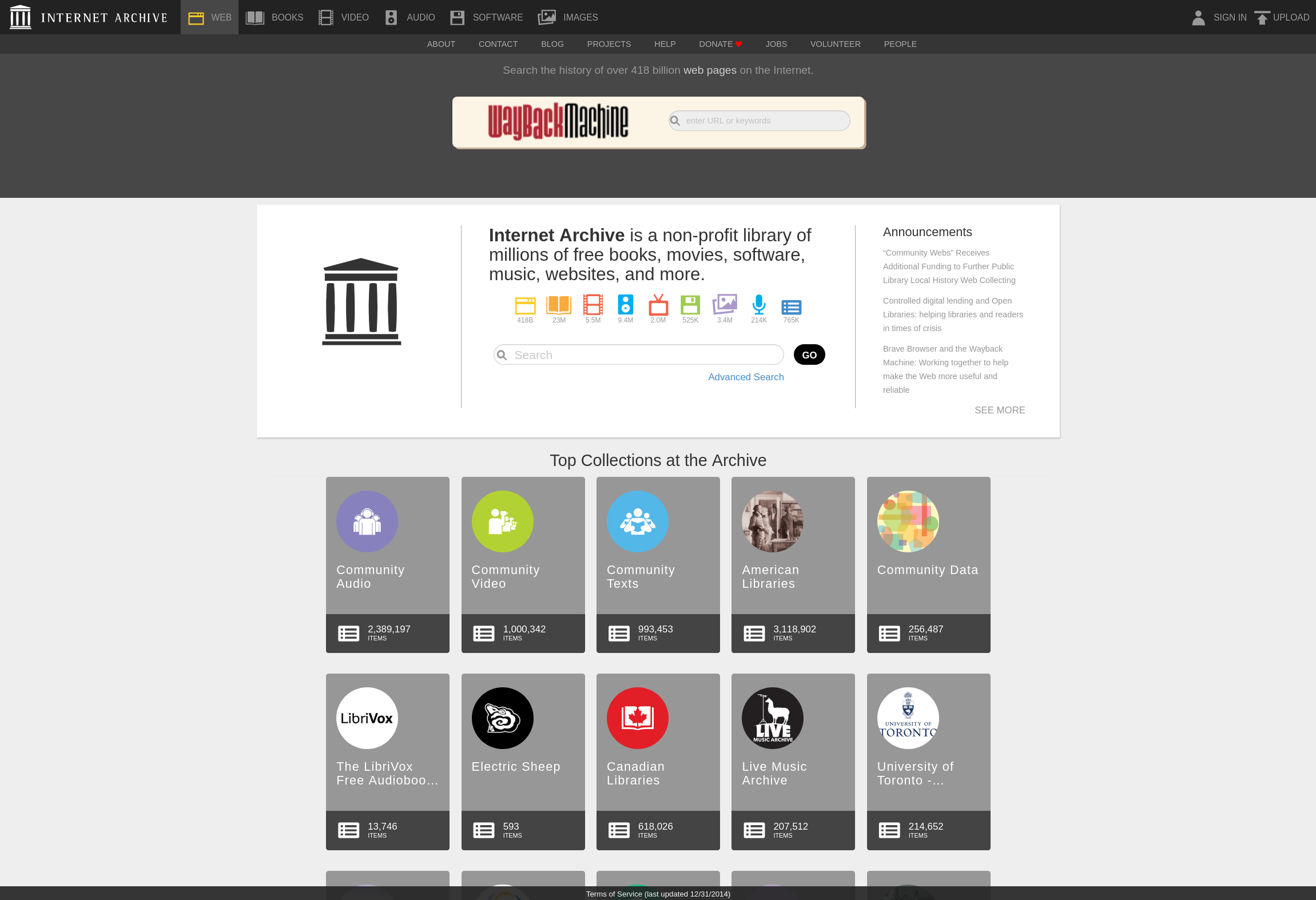
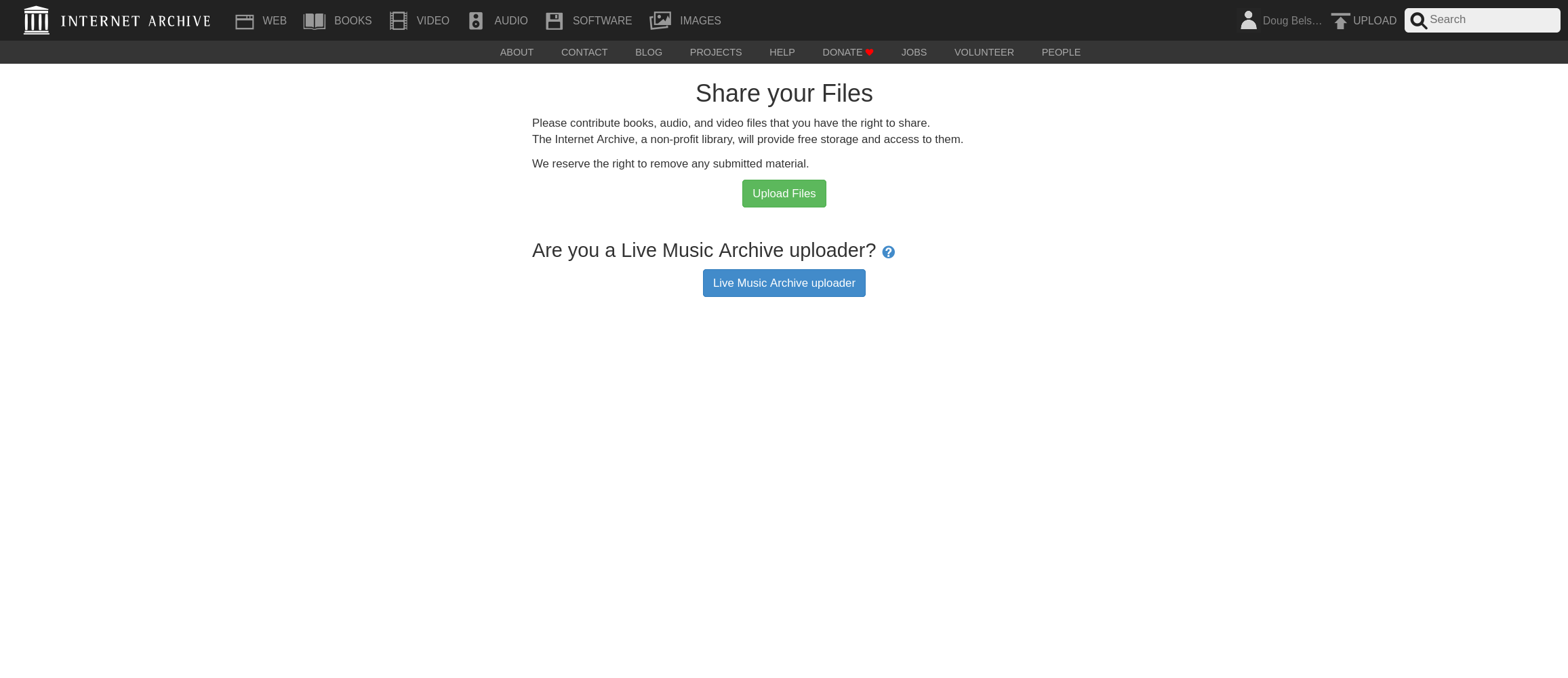
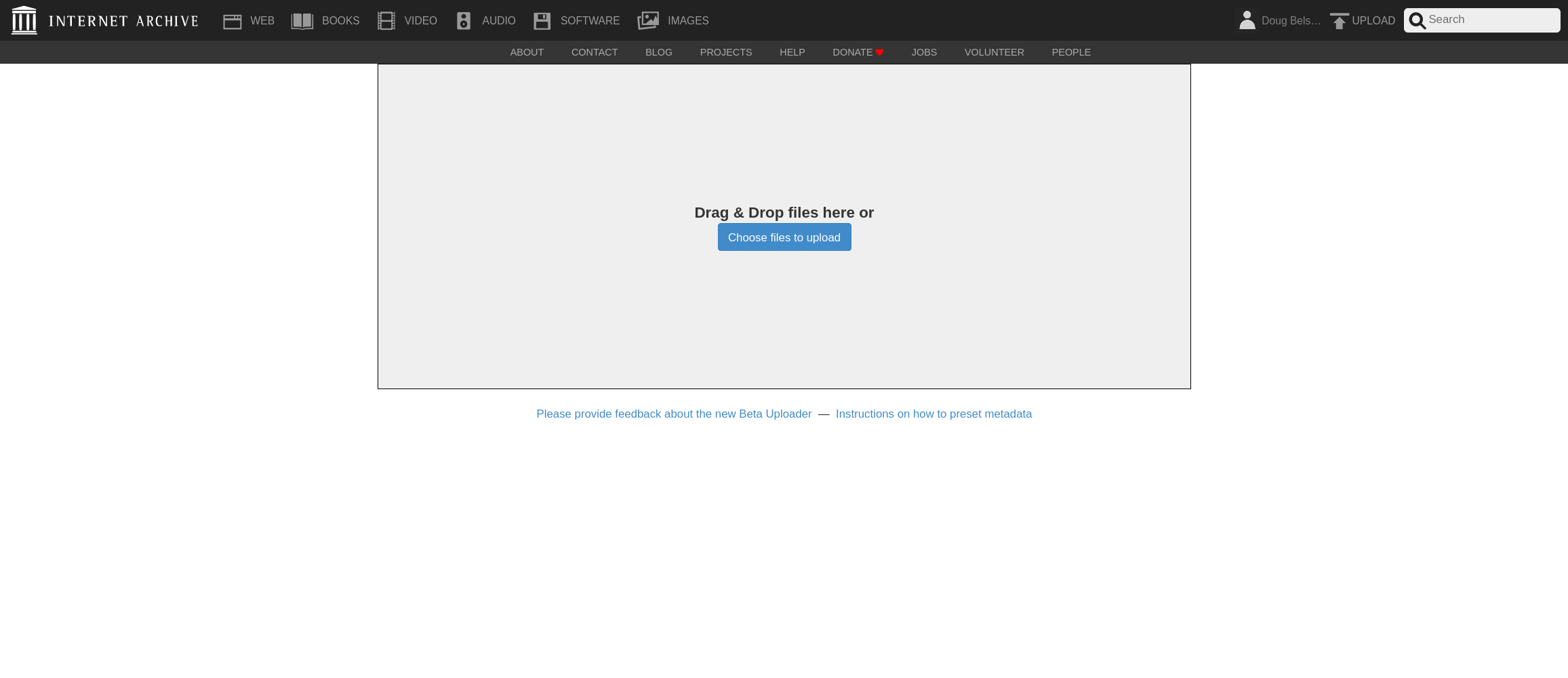
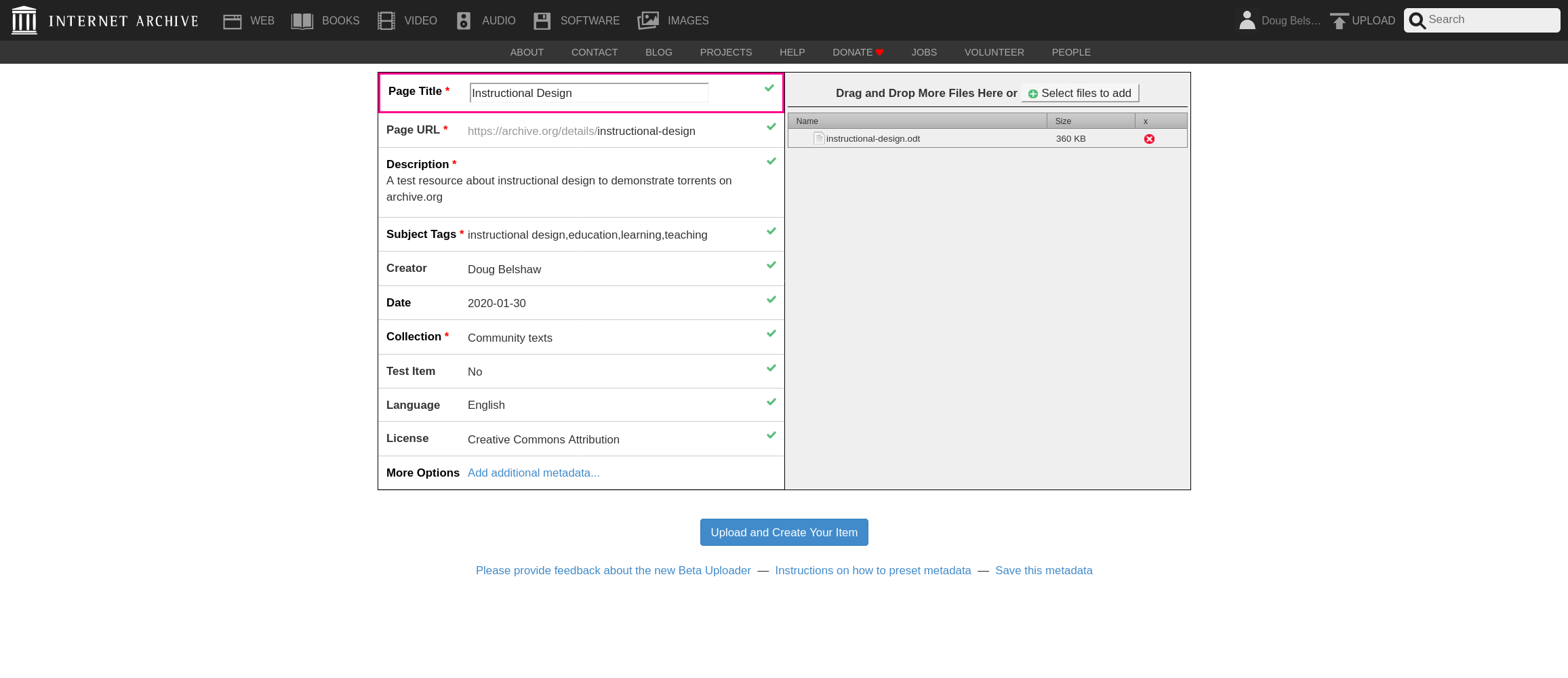
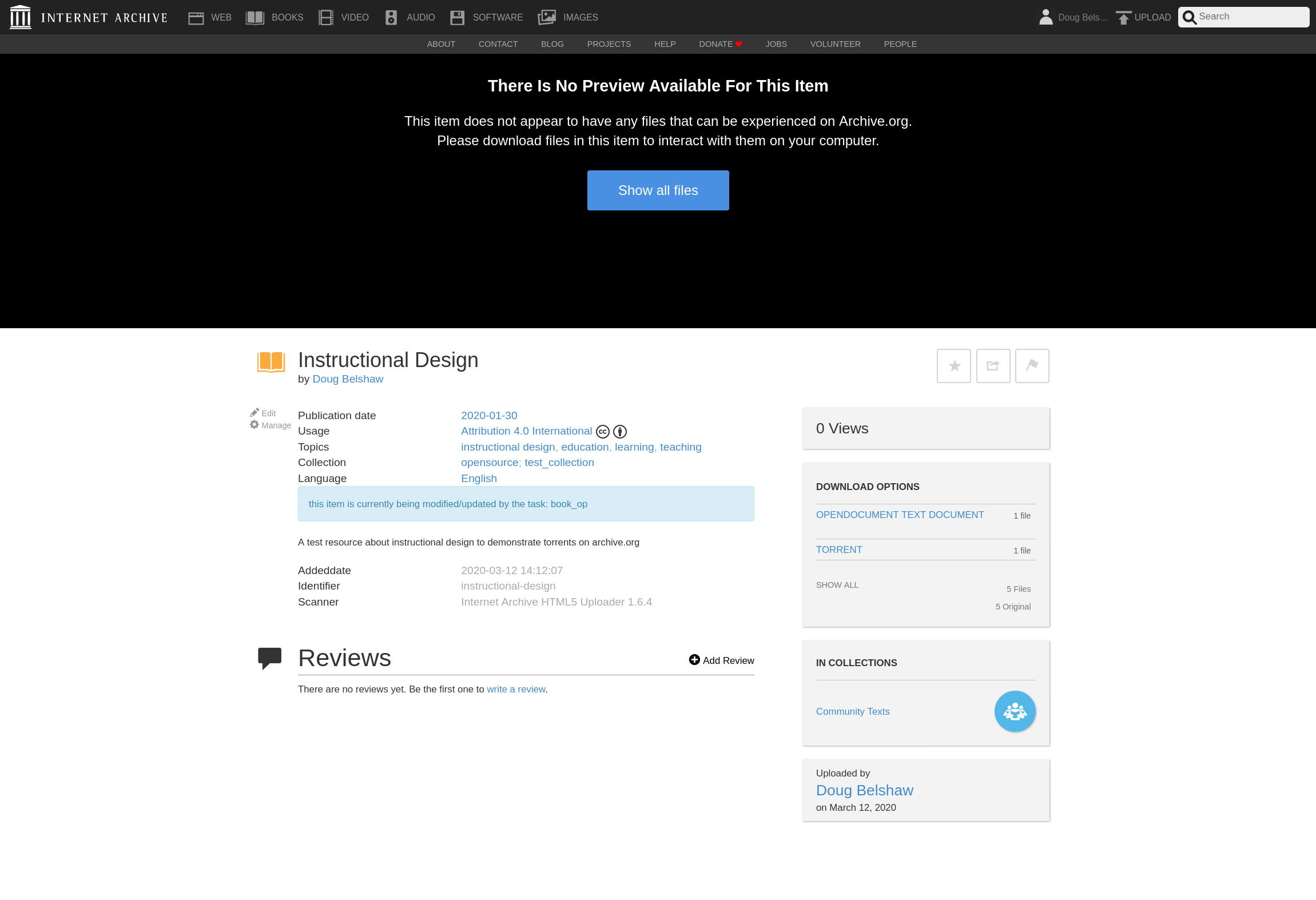
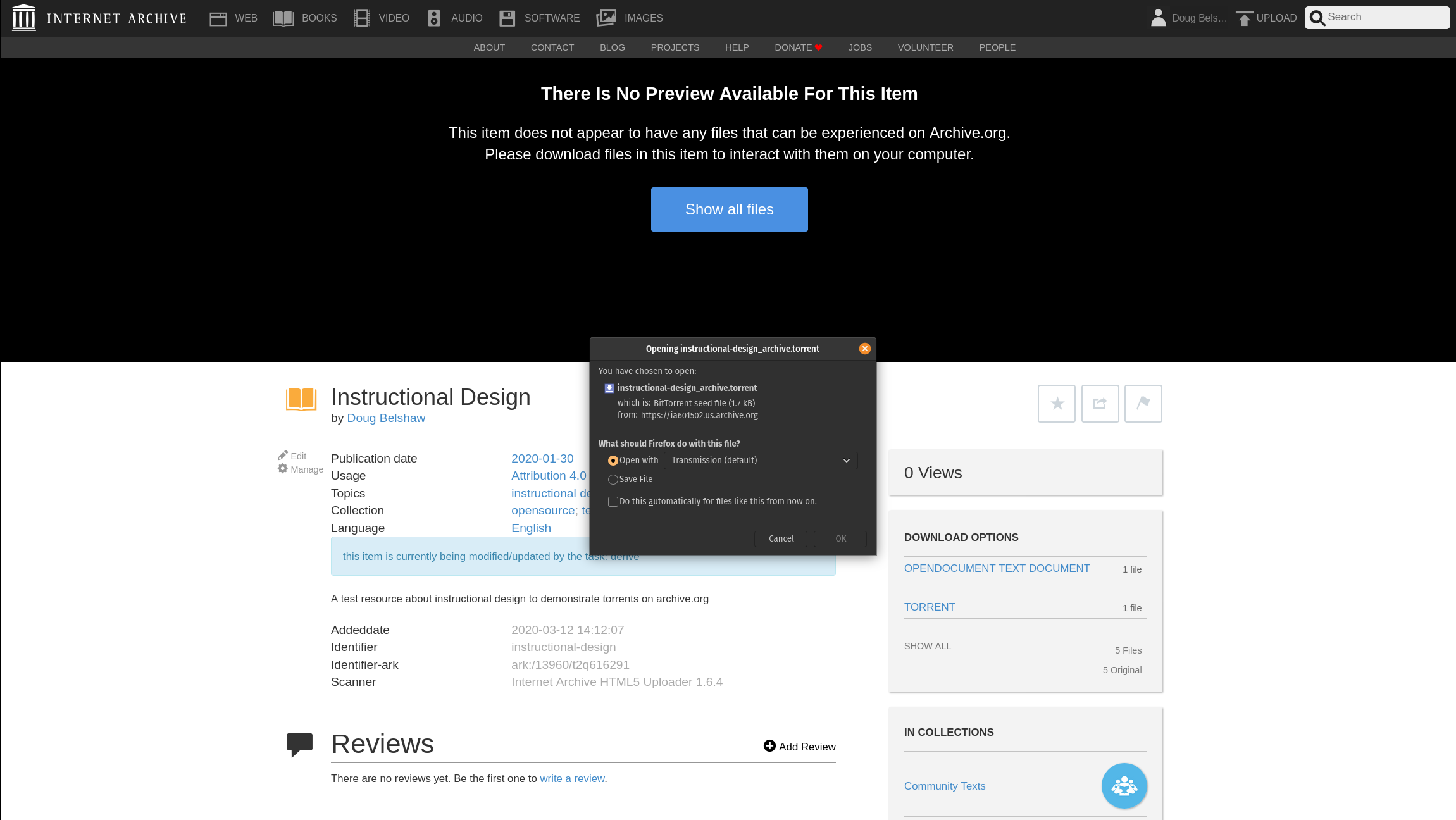
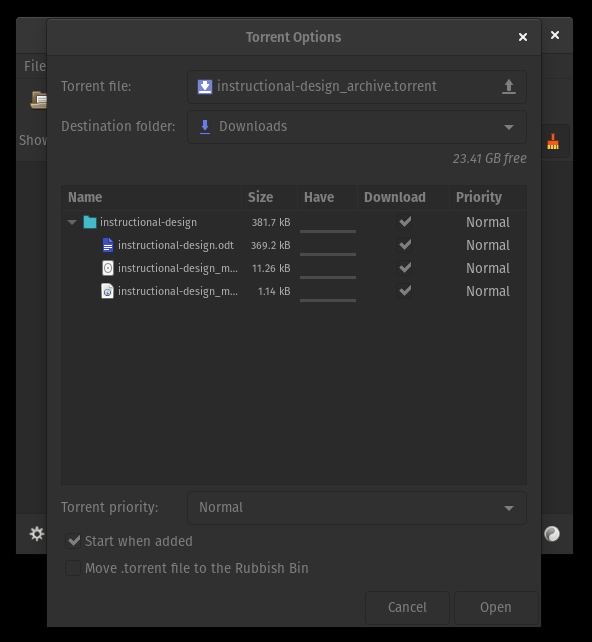
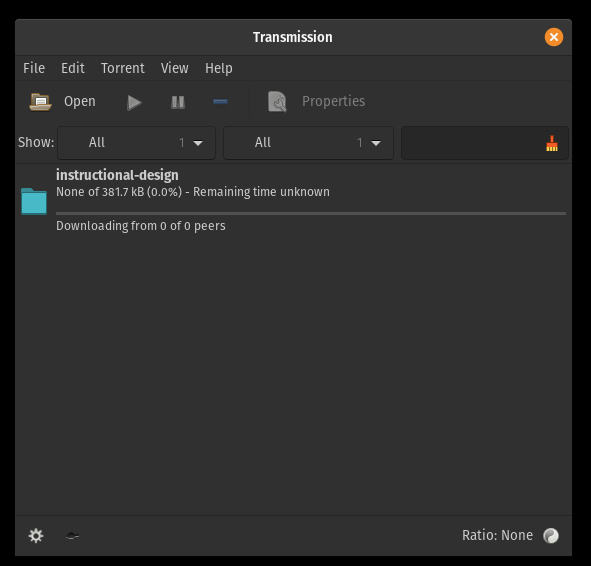
![Reframing the ‘Progressive’ vs. ‘Traditionalist’ Debate in Education [DML Central]](https://dougbelshaw.com/blog/wp-content/uploads/2017/11/dmlcentral-reframing-deate-e1511878484329.png)